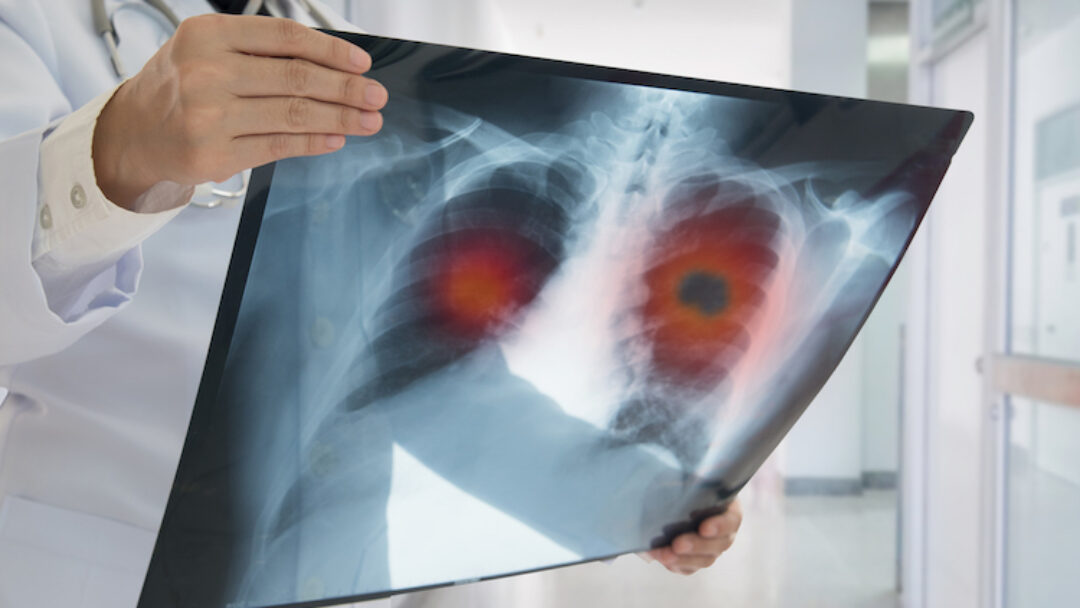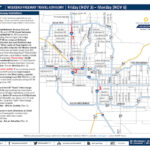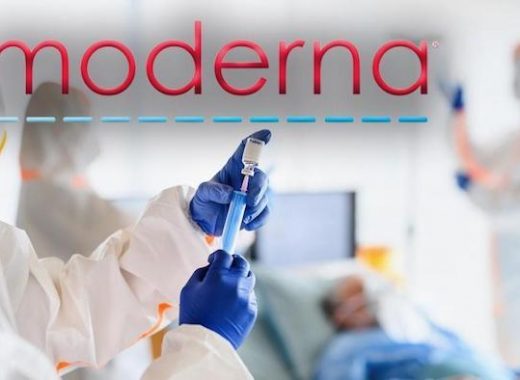Lung cancer is a devastating disease that affects millions of individuals worldwide. It is the leading cause of cancer-related deaths, accounting for more deaths than breast, colon, and prostate cancers combined. The key to improving outcomes for patients with lung cancer lies in early detection.
The importance of early detection in lung cancer
Early detection of lung cancer can significantly increase the chances of successful treatment and long-term survival. When lung cancer is diagnosed at an early stage, it is more likely to be localized and can be treated with surgical intervention. However, once the cancer has spread to other parts of the body, the prognosis becomes much poorer.
Current guidelines for lung cancer screening
In recent years, there has been a growing recognition of the importance of lung cancer screening in high-risk populations. The United States Preventive Services Task Force (USPSTF) has issued guidelines recommending annual screening for lung cancer with low-dose computed tomography (LDCT) in adults aged 55 to 80 years who have a 30 pack-year smoking history and currently smoke or have quit within the past 15 years. These guidelines have been instrumental in identifying lung cancers at an early stage and improving survival rates.
New guidance advocating for increased lung cancer screening
Recognizing the potential to save more lives through increased screening, new guidance has been introduced that advocates for expanding the criteria for lung cancer screening. The National Comprehensive Cancer Network (NCCN) now recommends lung cancer screening for individuals aged 50 to 80 years who have a 20 pack-year smoking history and currently smoke or have quit within the past 15 years. This expansion allows for a larger population to benefit from early detection and treatment.
The impact of the new guidance on individuals at risk for lung cancer
The new guidance has a significant impact on individuals who are at risk for lung cancer. By lowering the age and pack-year criteria, more individuals who may have previously been excluded from screening are now eligible. This means that more lives can be saved by detecting lung cancer at an earlier stage when treatment is more effective. The new guidance empowers individuals by giving them access to potentially life-saving screening.
Benefits and limitations of increased lung cancer screening
Increased lung cancer screening offers several benefits. First and foremost, it allows for the early detection of lung cancer, leading to improved survival rates. Screening also provides an opportunity for individuals to engage in discussions with their healthcare providers about smoking cessation and other lifestyle changes that can reduce their risk of developing lung cancer. However, it is important to recognize that increased screening may also result in false-positive results, leading to unnecessary anxiety and follow-up procedures. It is essential that individuals undergoing screening are fully informed about the potential benefits and limitations.
Steps to take if you are at risk for lung cancer
If you are at risk for lung cancer, there are important steps you can take to protect your health. First, talk to your healthcare provider about your smoking history and other risk factors. They can help determine if you meet the criteria for lung cancer screening and guide you through the process. If you are eligible for screening, make sure to schedule regular appointments and follow through with the recommended tests. Additionally, it is crucial to adopt a healthy lifestyle by quitting smoking, eating a balanced diet, and engaging in regular physical activity.
Resources and support for individuals undergoing lung cancer screening
Undergoing lung cancer screening can be a stressful experience, but there are resources and support available to help individuals navigate this journey. Many healthcare facilities offer counseling services to address the emotional and psychological impact of screening. Support groups and online communities can provide a sense of community and understanding. It is important to reach out for help and lean on these resources when needed.
The role of healthcare providers in advocating for increased lung cancer screening
Healthcare providers play a vital role in advocating for increased lung cancer screening. They have a responsibility to educate their patients about the importance of early detection and the benefits of screening. Providers can also help identify individuals who may be at risk for lung cancer and ensure they receive the appropriate screening. By actively promoting and supporting increased screening, healthcare providers can empower their patients to take control of their health and potentially save lives.
Increased lung cancer screening has the potential to save lives and empower individuals to take control of their health. By expanding the criteria for screening, more individuals who are at risk for lung cancer can benefit from early detection and treatment. It is crucial for healthcare providers and individuals alike to be aware of the new guidance and advocate for increased screening. Together, we can make a difference in the fight against lung cancer.
If you or someone you know is at risk for lung cancer, talk to your healthcare provider about screening options and take control of your health today. Early detection can save lives.








